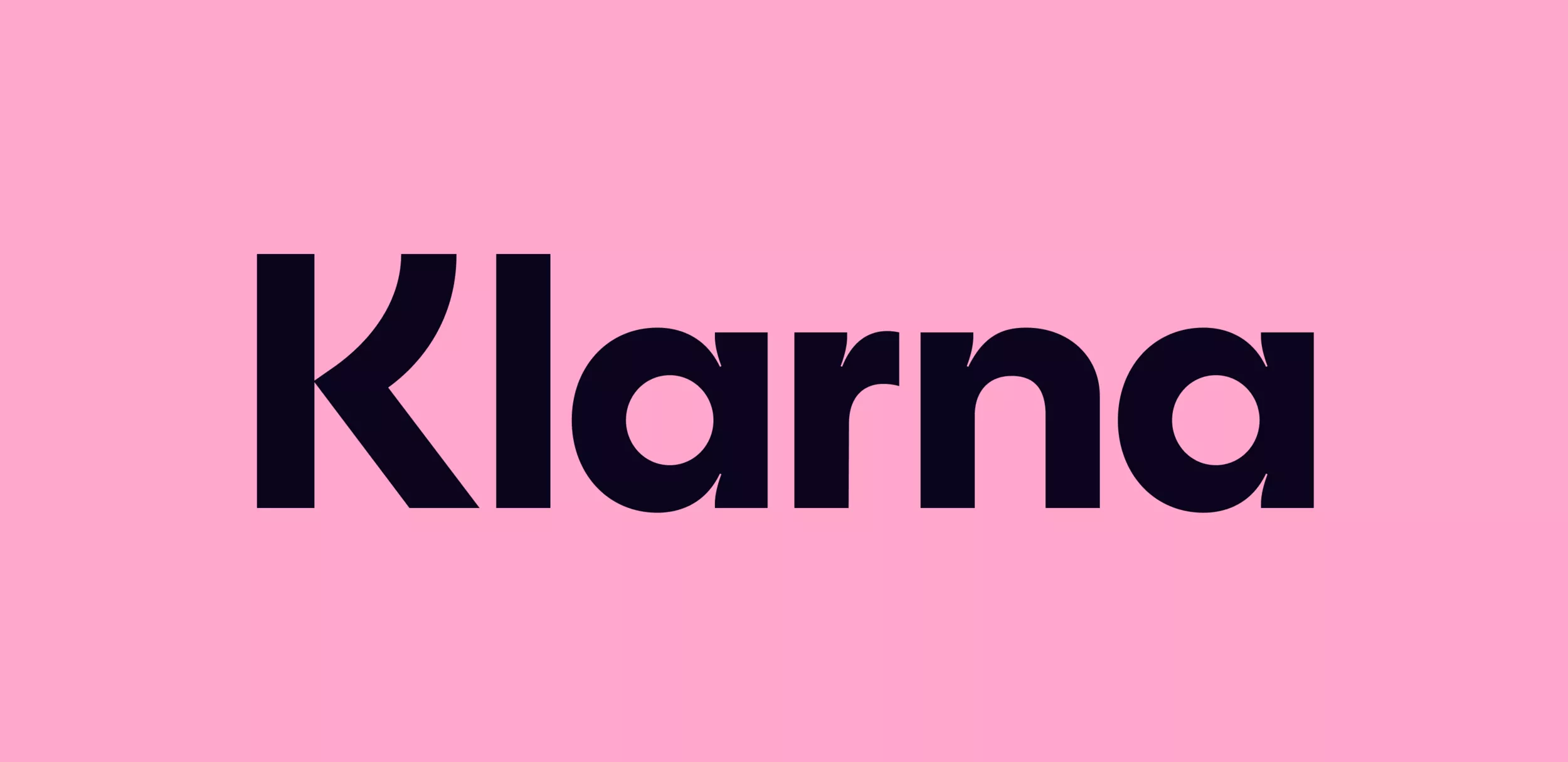Valerian
What is Valerian?
Valerian, scientifically known as Valeriana officinalis, is a perennial flowering plant native to Europe and Asia. The plant's roots are commonly used for medicinal purposes and have been utilized since ancient times for various health benefits. Valerian contains several compounds, including valerenic acid, which is believed to contribute to its calming effects. This herb is primarily known for its role in promoting relaxation and improving sleep quality.
Benefits of Valerian
- Promotes Relaxation: Valerian is renowned for its ability to reduce anxiety and promote a sense of calm, making it a popular natural remedy for stress management.
- Improves Sleep Quality: Studies suggest that valerian root can significantly improve the quality of sleep and reduce the time it takes to fall asleep, making it a preferred choice for those dealing with insomnia.
- Supports Mental Health: By potentially lowering anxiety levels, valerian may help support overall mental well-being, contributing to improved mood and cognitive function.
- Muscle Relaxation: Valerian may assist in relieving tension and muscle cramps, making it beneficial for athletes seeking recovery after intense workouts.
Types or Forms Available of Valerian
- Extracts: Concentrated forms available in liquid, tincture, or pill form.
- Tea: Valerian root can be steeped in hot water to create a soothing herbal tea.
- Capsules: Convenient supplement forms that contain dry valerian powder or extracts.
How to Use Valerian
Valerian can be consumed in various forms depending on personal preference. Here are some general usage guidelines:
- Recommended Dosage: Common dosages range from 300 mg to 600 mg of valerian extract taken approximately 30 minutes to 2 hours before bedtime.
- Timing: For sleep benefits, it is advisable to take valerian in the evening; for anxiety relief, it can be taken during the day as needed.
- Usage Guidelines: Always consult a healthcare provider prior to starting valerian, especially if you are taking medications or have underlying health conditions.
Side Effects and Considerations of Valerian
While valerian is generally considered safe for short-term use, some individuals may experience side effects including:
- Drowsiness
- Headaches
- Upset stomach
People who should exercise caution include:
- Those who are pregnant or breastfeeding
- Individuals taking medications for anxiety, depression, or sleep disorders
- Those with liver disorders
Foods Rich in Valerian
Valerian does not have significant food sources outside of its supplement and herbal forms. It is primarily obtained from the root of the plant and is typically consumed in extracted or brewed forms rather than through standard food items.
Common Myths About Valerian
- Valerian is a sedative. While valerian promotes relaxation and may help induce sleep, it does not have the same effects as prescription sedatives and is considered a more natural option.
- It is unsafe for long-term use. Valerian is generally safe for short-term use, but more research is needed for its effects over extended periods.
- All valerian supplements are the same. The concentration and formulation can vary significantly among different brands and types of valerian products.
Conclusion
Valerian is a versatile herbal supplement known for its calming properties and benefits in promoting sleep quality. Whether you are dealing with stress or seeking a natural sleep aid, valerian may offer the support you need. Always consider consulting a healthcare professional to ensure it aligns with your individual health needs and lifestyle.















